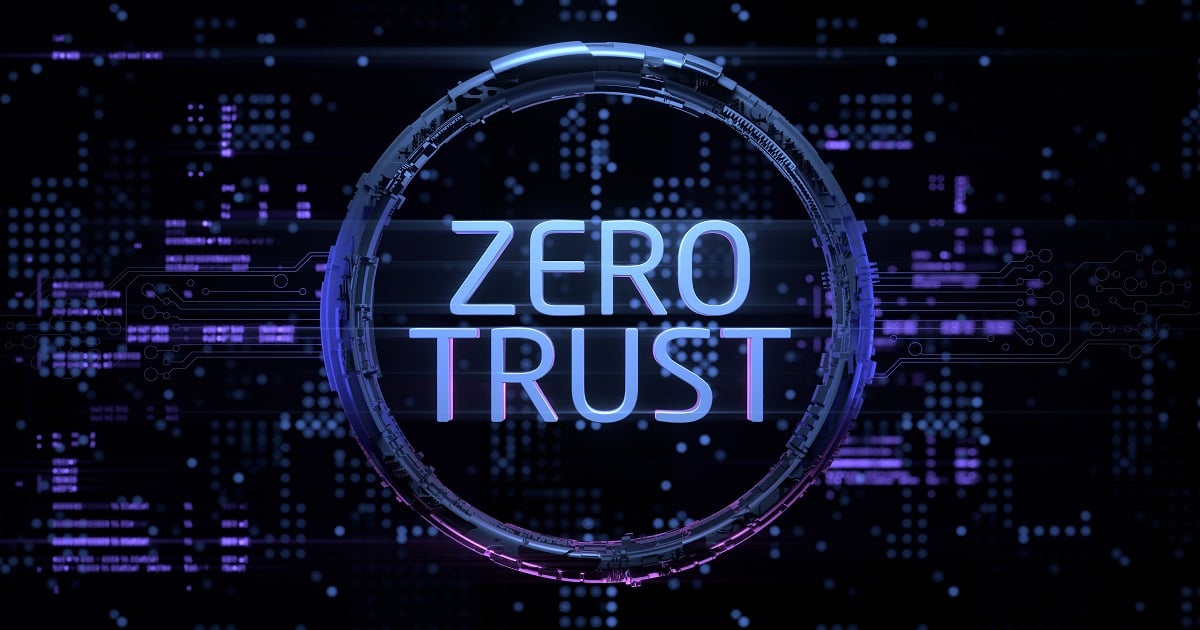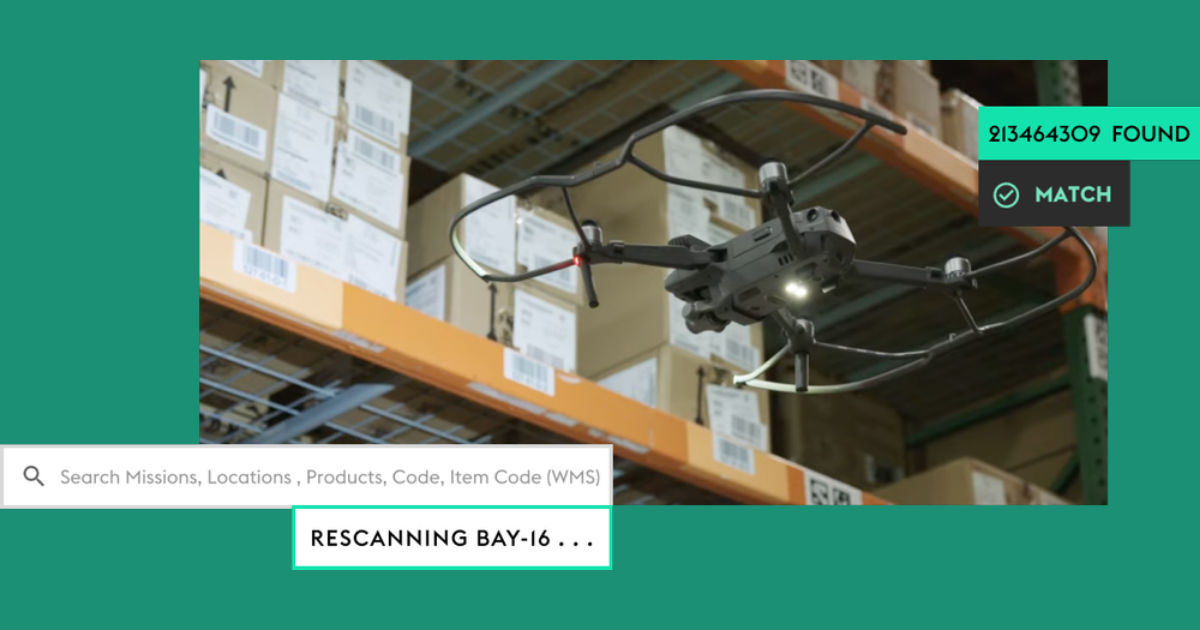
The age of the internet and autonomy is upon us; IoT technology is transforming the world with creative innovations in every imaginable aspect of our lives. As we see rapid automation with devices and tools of all kinds, improved connectivity of the IoT brings us one step closer to a fully autonomous, self-operating world of machines. We already see developments in many industries to realize this far-fetched dream. Among these industries, vehicle manufacturers are taking the lead on IoT technology with connected vehicles and infotainment systems.
A self-driving smart electric car may sound like a phrase from a distant future, but with the assistance of IoT technology, it is already here with luxury car brands like Mercedes manufacturing prototypes. The revolutionary IoT movement that powers the vehicles of the future is set to transform the driving experience as well as the operational capabilities of businesses with a vehicle fleet. Modern-day vehicles are already loaded with high-tech features, but the addition of internet connectivity have brought vehicles; touch-screens, sophisticated navigational systems and an array of IoT-enabled sensors that can be controlled remotely.
Having all these cutting-edge technologies implemented in a vehicle has obvious benefits. From collision detection and prevention to remote immobilization and smart inventory management, vehicle IoT systems improve the safety of the drivers and grant access to a plethora of features that allows vehicles to communicate with each other and exchange data.
Automated vehicle technology will play a key role in the future of a smart world, and it is already considered a groundbreaking development by many experts. So what exactly are the benefits of smart vehicle technology for drivers and business owners? What kind of an impact are the connected vehicles going to have in our daily lives? Let’s take a look at some of these potential improvements and direct benefits offered by the vehicle's systems enhanced by the IoT technology.
Tesla vehicles boast a software technology that allows the car to fully drive or park itself without the help of its driver. It is a great example of how IoT technology can completely change the way we live with simple yet effective technological solutions. When the self-driving car technology is fully developed, the human error will be removed from the equation reducing the number of accidents caused by drunk or careless drivers. Imagine the benefits of this technology for disabled individuals who need to rely on a family member or a caretaker to drive them around. Instead of waiting for someone to take them out for shopping or to visit a friend, a disabled person can summon their car to their location and command the vehicle to drive to a location of their choosing.
When a car is able to exchange information with other vehicles around it and communicate with a central infrastructure that broadcasts live traffic info, drivers and the vehicle itself will be able to receive crucial information to prevent a potential accident that is likely to happen on a dangerous road or due to weather conditions. Connected vehicle technology also allows vehicles to detect each other’s location via sensors and predict collisions as well as risks on the road. Authorities expect the number of accidents to reduce by a staggering 90% once the self-driving technology is implemented across the globe.
Information technology holds the key for an autonomous driving technology for transportation and logistics businesses. IoT takes collecting and analyzing information to a whole new level with its superior connectivity over the internet.
Devices fueled by the IoT technology provide comprehensive telematics data about the condition and performance of each vehicle as well as the driver’s behavior behind the wheel. Telematics is a subset of IoT, and it collects information about a vehicle, such as its real-time location and speed, how long has it been on the road, how hard it has braked, idling duration, fuel consumption and the condition of its drivetrain, to name just a few metrics. All of the necessary information is gathered from a car and then relayed over wireless to the vehicle’s owner or an automated smart processor. Supported with the GPS data, fleet managers gain valuable insight into all aspects of their operation and streamline their planning to maximize efficiency. By knowing exactly where their vehicles are at all times, field operators can direct nearby vehicles to a customer in need or steer their drivers to a shorter path to their destination by avoiding high-density traffic or road construction.
Vehicle to vehicle connectivity as well as the ability to access vehicle data on-demand over the internet is a major technological breakthrough. Soon; we will have vehicles that are self-correcting their routes, checking their fuel status to warn their drivers to refuel, auto-breaking to prevent collisions and keeping themselves in their lane without any interference. All these autonomous features require vast amounts of data and information exchange between vehicles and that is where IoT technology comes in. With a massive network of connected devices and tools, IoT will be the main source of information for all vehicles manufacturers to create fully capable self-driving autonomous vehicles.
About the author: Ekim Saribardak is a computer programmer with two decades experience and a certified drone operator who likes to blog about technology. He has been a technology geek since 1990 starting from the moment he first had his hands on a computer. He’s currently the Web Development Director at Rewire Security.
Edited by
Ken Briodagh





